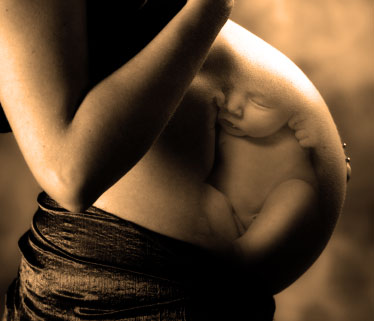 by: David Gutierrez
by: David GutierrezThe government of Denmark has released a 326-page report affirming that endocrine disrupting chemicals are probably continuing to the birth of fewer males and the "feminization" of existing ones.
The report centers on chemicals like PVC, flame retardants, phthalates, dioxins, PCBs and bisphenol-A, all of which mimic the action of estrogen in the body. The researchers concluded that due to the prevalence of these chemicals, children could easily be exposed to high enough levels to place them at "critical risk" of harm.
The chemicals have been blamed for falling sperm counts among men worldwide, and their full effects remain unknown. A study by researchers at Erasmus University in Rotterdam, Netherlands, found that male children who had been exposed to PCBs and dioxins while in the womb were more likely to dress up in female clothes and play with dolls than boys who had not been. Other research has documented a connection between prenatal phthalate exposure and "feminization" of male genitals, including smaller penises.
Evidence is increasingly emerging that estrogen mimics might also be responsible for a puzzling phenomenon: fewer boys are being born than ever before. Typically, 106 male children are born for every 100 females in most populations. In recent years, however, this distribution has been shifting in favor of females, with endocrine disruptors a likely culprit. Read more...

No comments:
Post a Comment